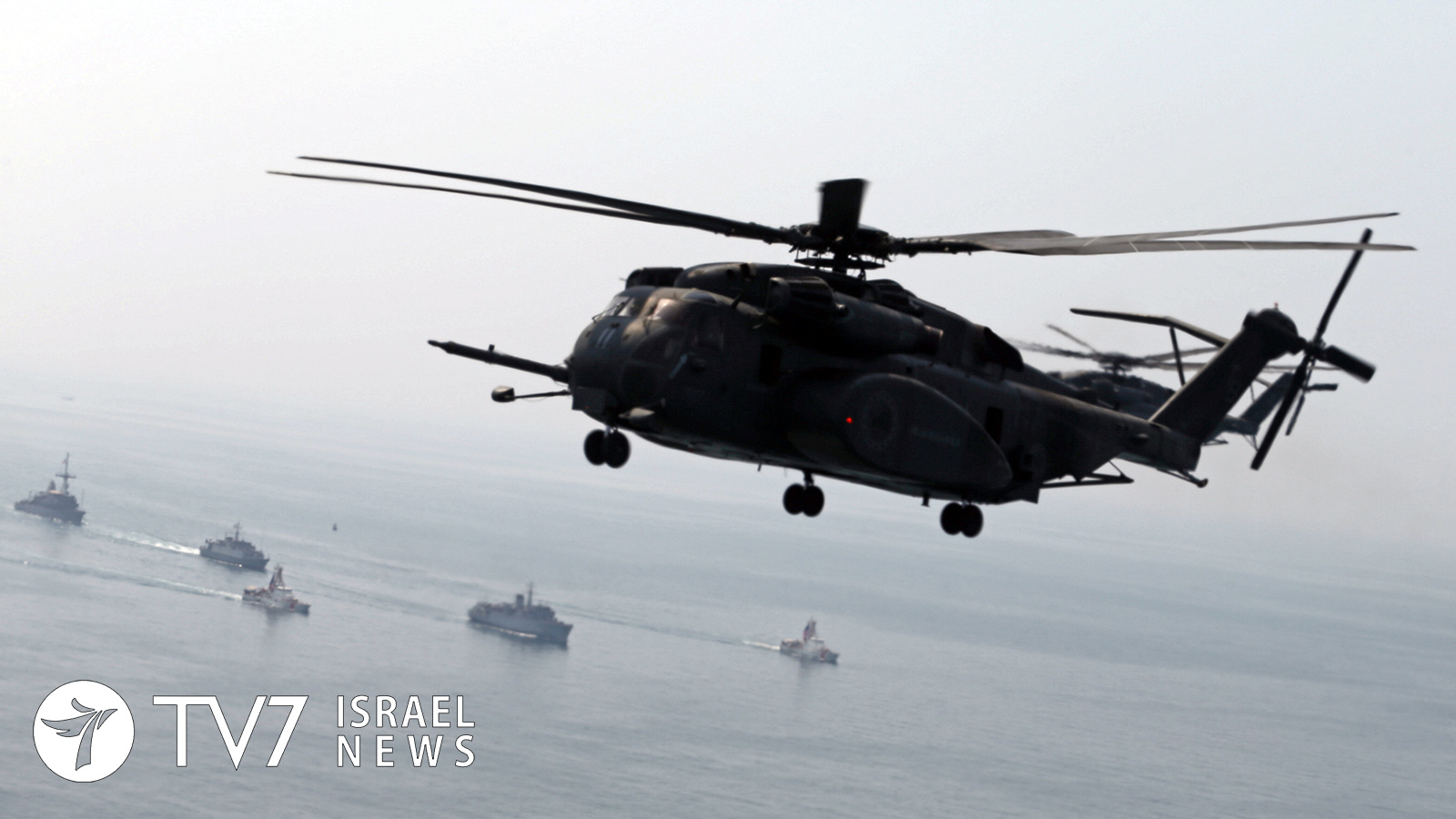Representatives of the United Kingdom, France, Germany, Russia and China met with their Iranian counterparts in Vienna as part of continued efforts to salvage the 2015 nuclear agreement. Despite apparent deteriorating relations between the Islamic Republic and the European parties to the deal, Iran’s senior nuclear negotiator Abbas Araqchi referred to the multilateral meeting as “constructive”. The Iranian official said: “Both sides, as I said, had complaints about each other. We raised this today. I think the atmosphere was constructive and the discussions were good. I cannot say that we resolved everything, but I can say there are lots of commitments to the JCPOA and its survival. All remaining participants to the JCPOA are still committed and determined to save this deal, which is a big achievement of diplomacy in recent years and we will continue our efforts in that direction.”
The discussions surrounding continued multilateral efforts to try and salvage the 2015 nuclear accord, after the Trump Administration pull-out from the agreement, were described by a British diplomat, who spoke to TV7 on condition of anonymity, as ‘perpetuated efforts to persuade all parties involved that a mirage is in-fact a projection of reality’. . He said that ‘while Iran continues to demand a (reward) for its temporarily limited good behavior, the Ayatollah regime continues to serve as the key instigator of regional instability by means of state-sponsored terrorism.’
The harsh statements that were made by the British diplomat came following an escalating row between London and Tehran, after which both countries accused each other of increasing tensions following Iran’s seizure of a British-flagged oil tanker in the strait of Hormuz on the 19th of July, and the detention of Iran’s Grace 1 oil tanker in Gibraltar on July 4th, after the latter was suspected of breaching EU sanctions.
In response to the escalation, former British Foreign Secretary Jeremy Hunt initially announced, on the 22nd of July, that London would seek to put together a European-led maritime protection mission to ensure safe shipping through the strategic strait of Hormuz – a position adopted by his successor, newly-appointed Foreign Secretary Dominic Raab. Hunt said that: “Under international law, Iran had no right to obstruct the ship’s passage let alone board her. It was therefore an act of state piracy which the House will have no hesitation in condemning.” / “So if Iran continues on this dangerous path they must accept the price will be a larger Western military presence in the waters along their coastline, not because we wish to increase tensions but simply because freedom of navigation is a principle which Britain and its allies will always defend and I commend this statement to the house.”
In response to the planned deployment of additional naval forces to the Persian Gulf, Iran’s government spokesman warned of consequences – insisting that “They (UK and US) want to bring the European war fleet in the Persian Gulf, we think that such actions are provocative in the current situation. It has a hostile message. It will stir up tensions.”
